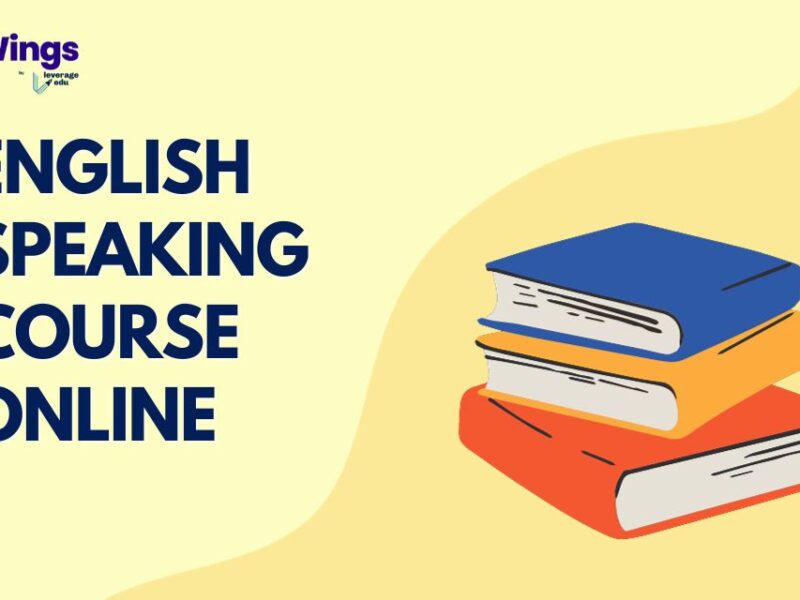Choosing children’s acim for our children is a challenge which should be met with care. Aside from their purely entertainment content, books can stimulate a lifelong interest in the child that wasn’t originally there, or even suggest a direction in life which the child could take later on.
It is my view that carefully chosen fiction or non fiction books have the potential to radically shape a young mind! Perhaps more so than any other form of media, because, for one thing, a book tends to have longevity. It sits on the shelf at home silently demanding to be picked up, until eventually it is.
Other forms of media are more fleeting, get lost more easily, or conveys its message too quickly as a so-called ‘blip’. But books tend to have a resilience and a staying power that, perhaps, other forms of media don’t have. This equally applies to children’s books, with an especial emphasis on reading books as opposed to picture books. More importantly, a book in the ‘hand’, enables the reader to control the assimilation of information at his or her own pace. They can also be deliberately placed in the way of a child by a discerning adult, whereas output from other media streams is based on an agenda which is not necessarily educational! So exactly what books should we place in our child’s path? And should we also allow them to make some of the choices?
The answer to the second question is almost obvious in retrospect. A child must practice his or her decision making faculty if it is to successfully run its own life later on. Decision making is an important life skill which must be practiced. And so somehow, we have to instill this ability into our offspring, and empower them to distinguish between right and wrong decisions.
Latest findings suggest that choosing a book is an excellent way for a child to practice this process and to appreciate the consequence of its actions. It is also an approach which is finding favour with teachers, who are the source of this information in the first place. There appear to be considerable benefits in allowing children to choose books for themselves.
It has been found that children who are allowed to do this, tend to spend more time reading both in the class and at home. It seems to provides them with the strong spur to keep on reading as they progress through school.
Unsurprisingly, a child that reads more, develops its reading ability and expands his or her vocabulary and reading fluency. But without a proper strategy for comparing and choosing children’s books, the art of decision making in this area could become lopsided.
The child may develop a preference for choosing unchallenging reading matter which would slow up or even permanently stunt its progress. The prevalence of words in common usage can render less common words obsolete at this level, at least where every day conversations and everyday reading is concerned. It can then turn into a bad habit!
Certainly, vocabulary at a certain level can be intimidating. But words like ‘perdiction’, ‘inalienable’, ‘tablature’ etc, are still relevant and in use, but have to be grown into by the reader. At some point they have to be put within the reader’s range, preferably at the earliest possible moment, because a college education isn’t always an option, and an individual may grow up developing a stigma towards more complex language.
I personally know of a woman who feels intimidated when she is in the presence of people who ‘talk nice’ or speak as if ‘they have swallowed the dictionary.’ And this is because she only progressed to a certain level of reading fluency, when possibly it could have been encouraged more by the system or by someone at home.

